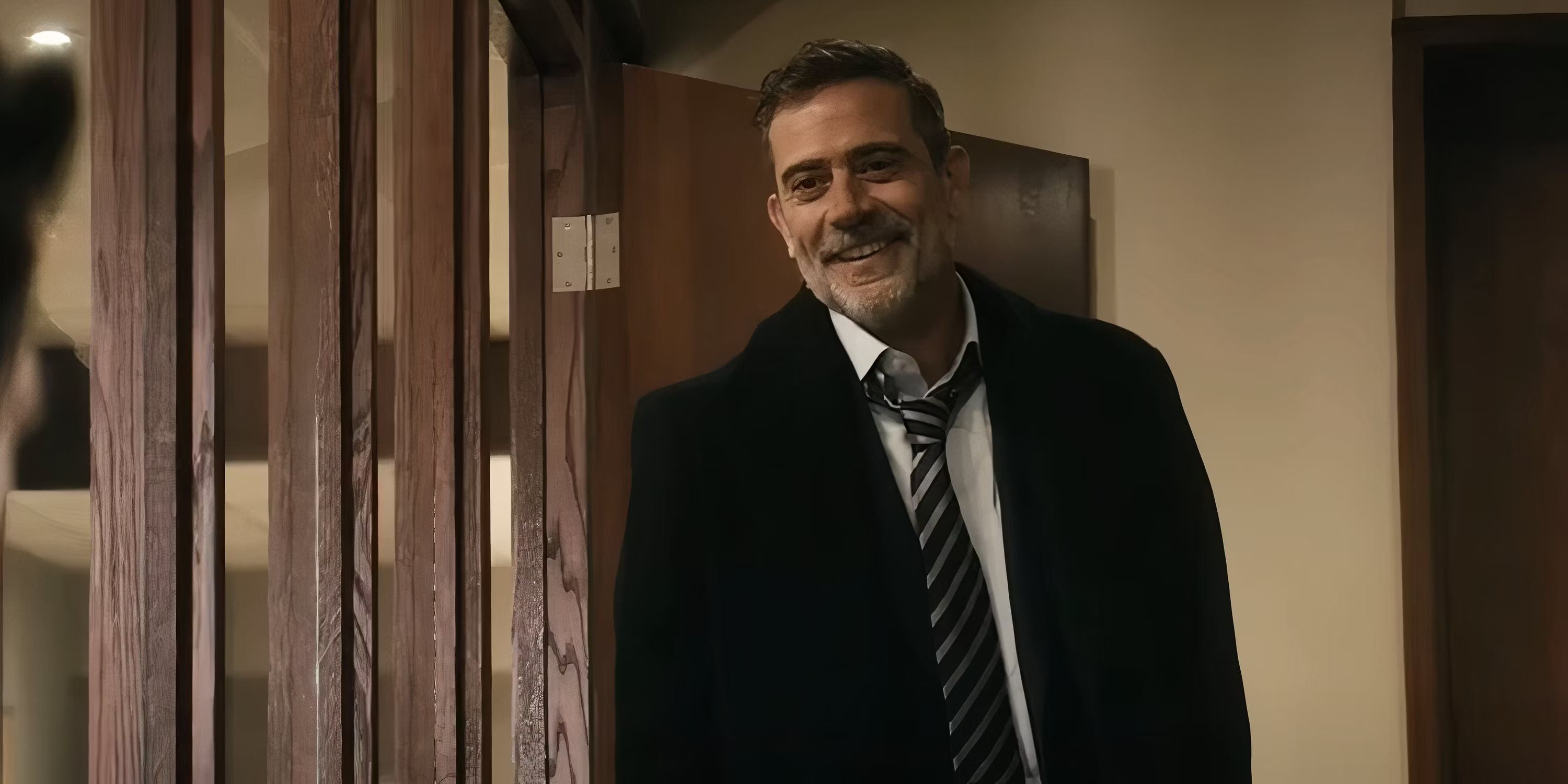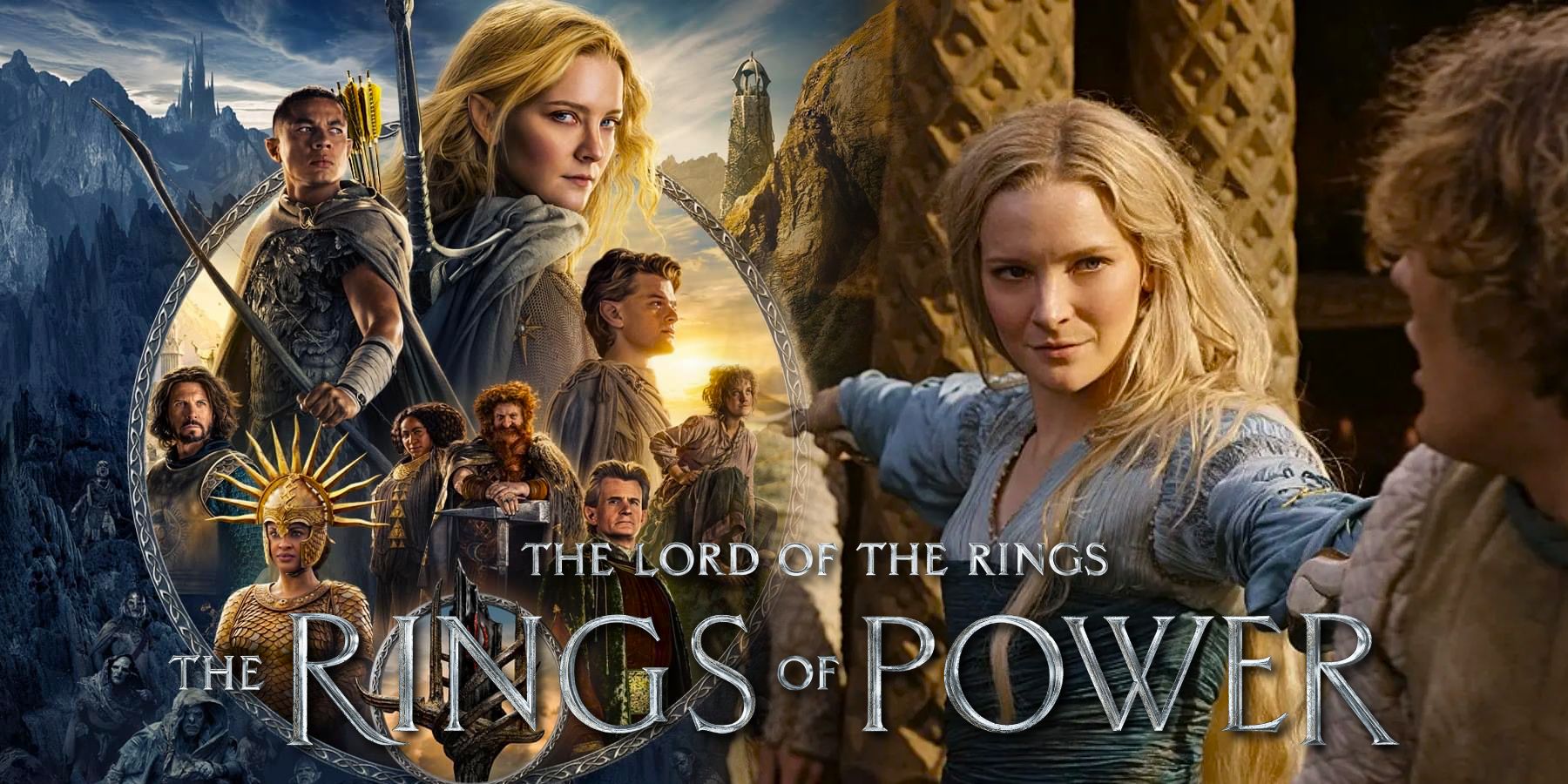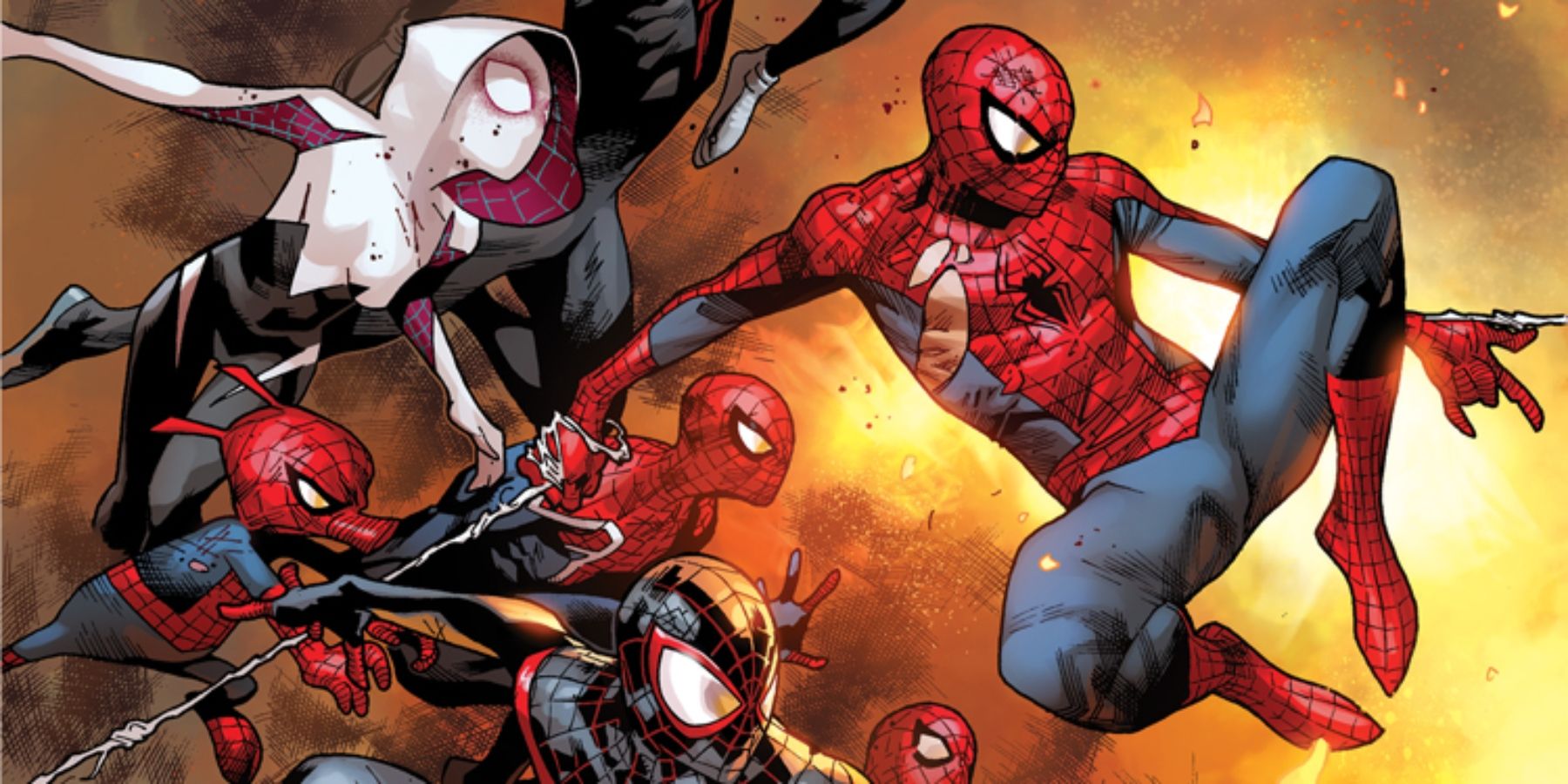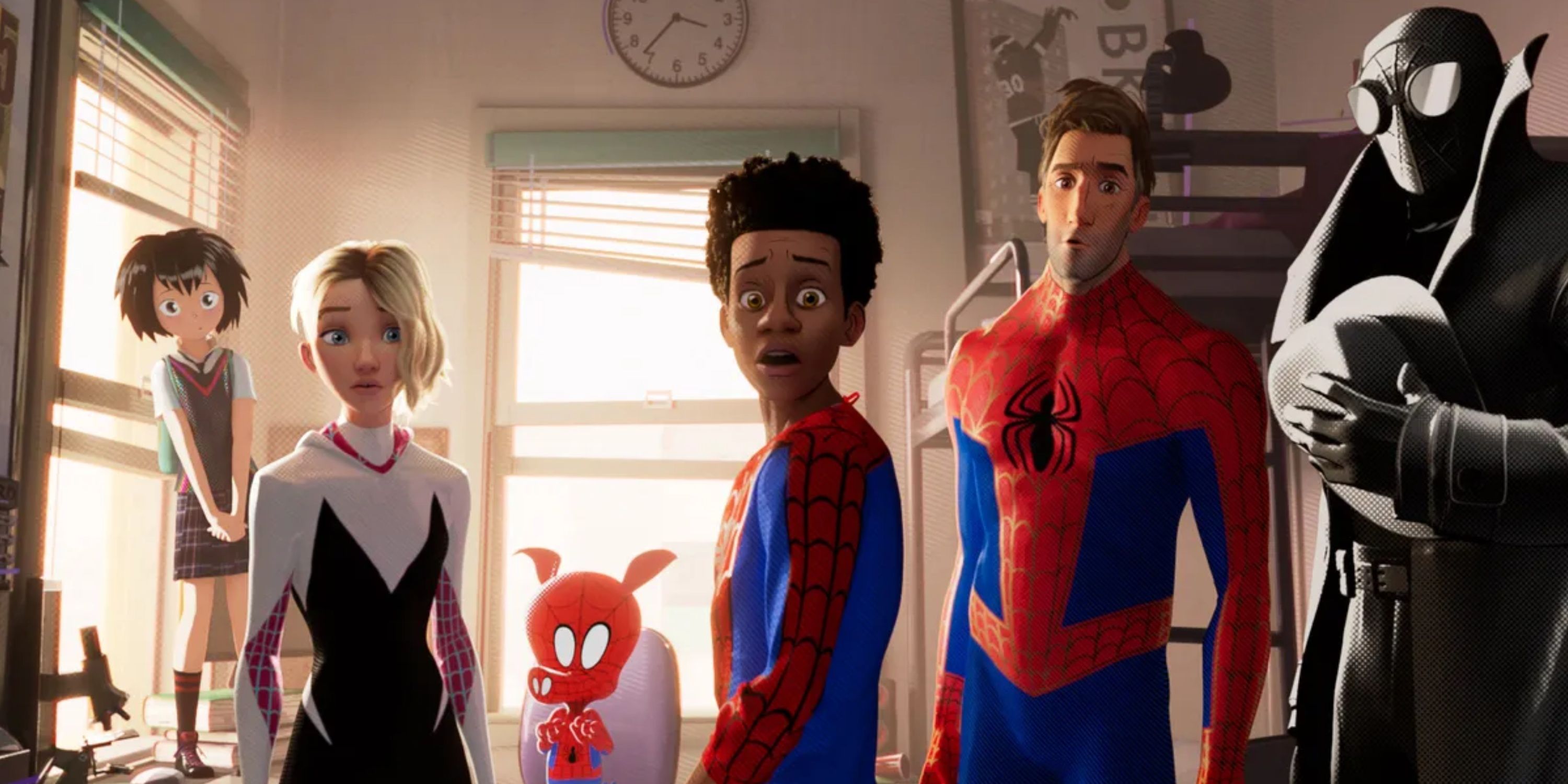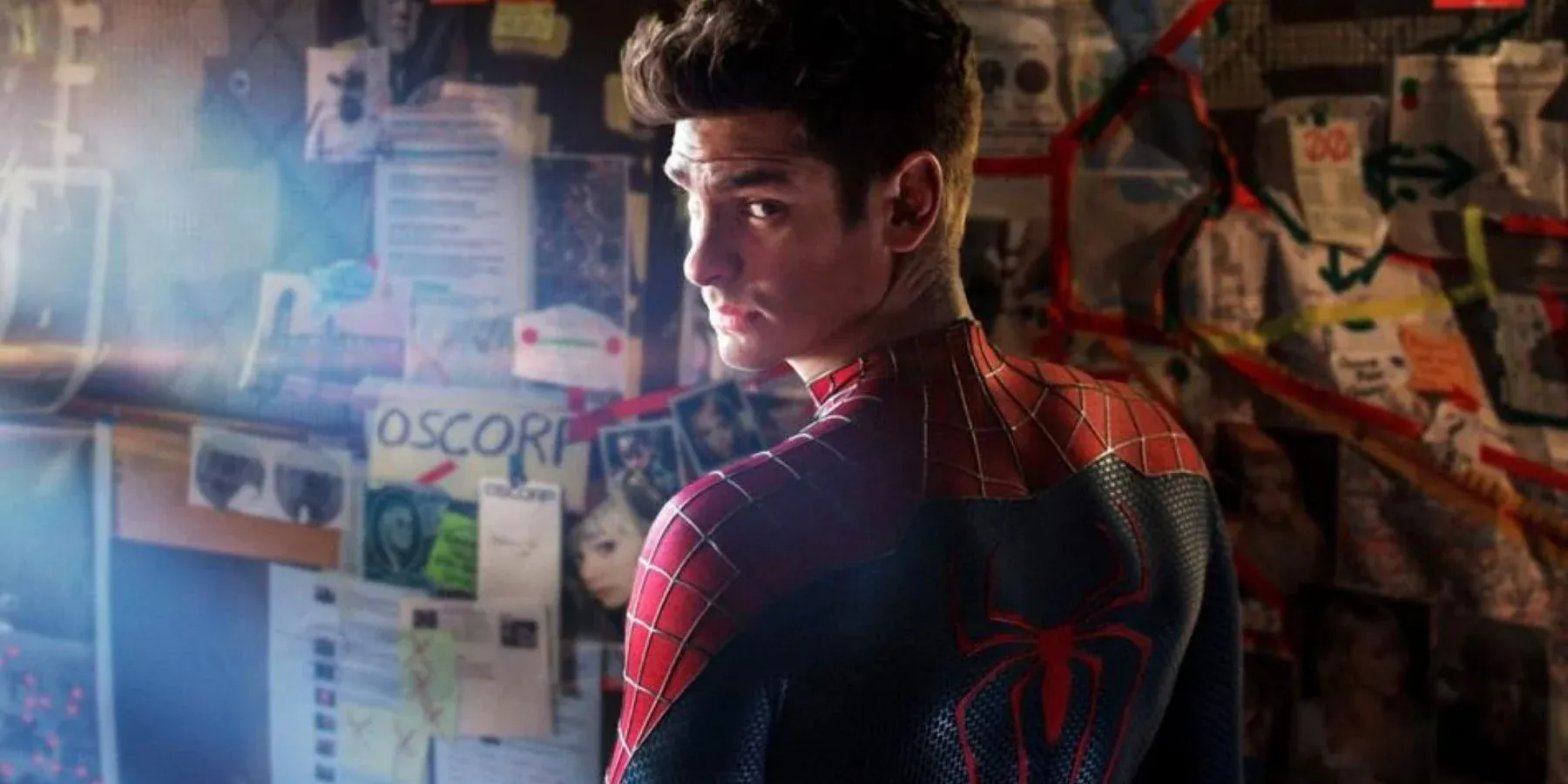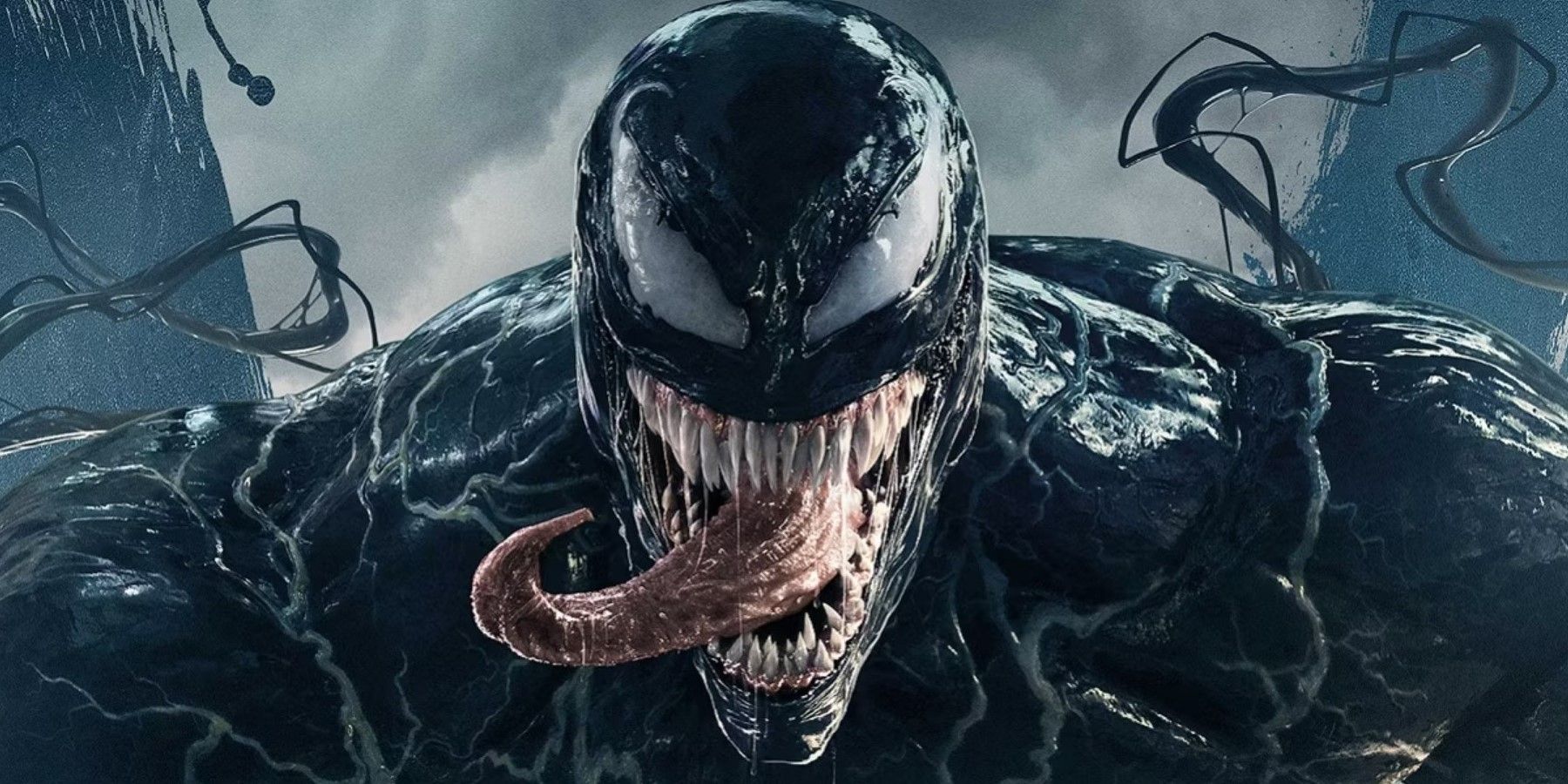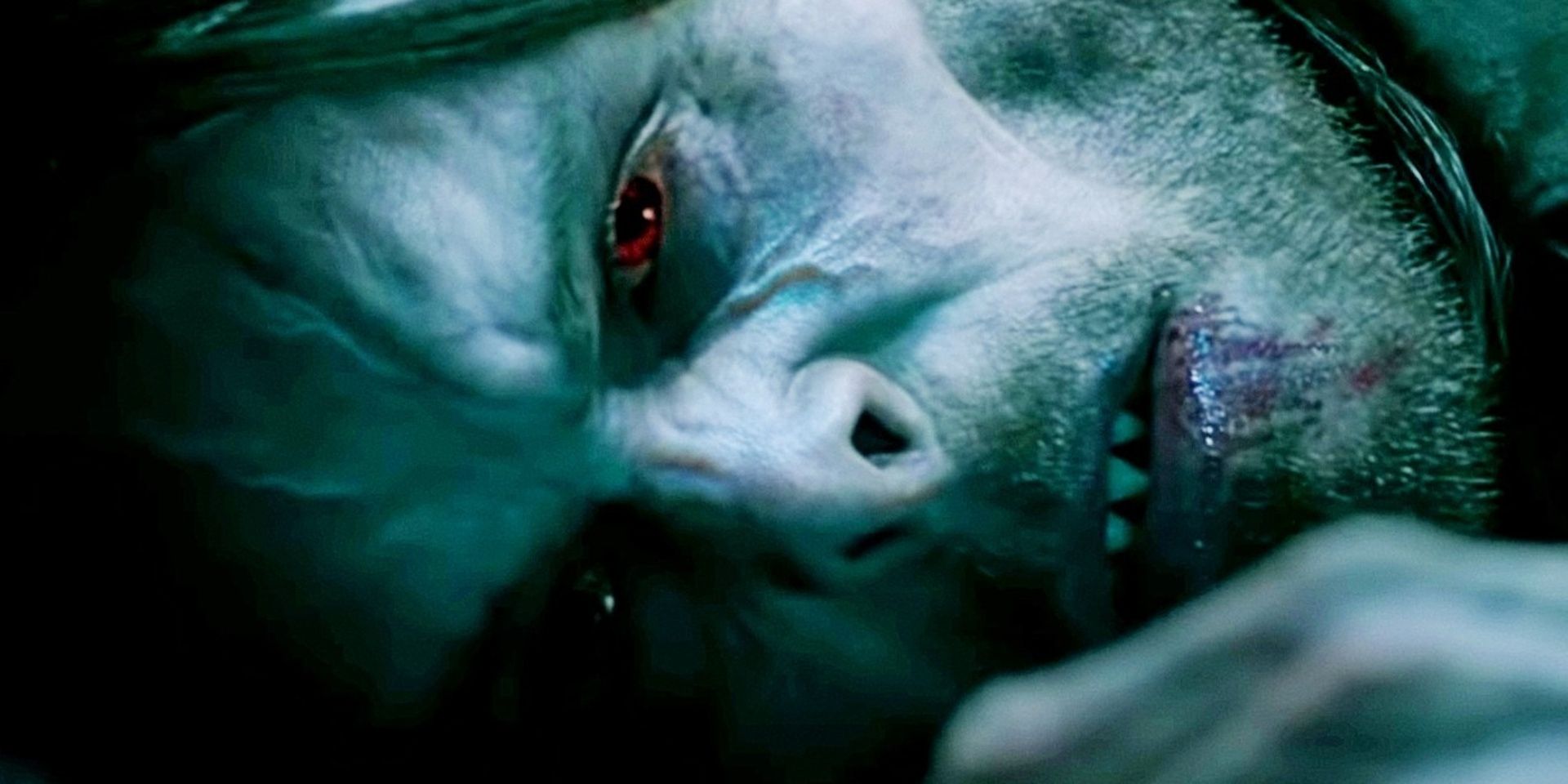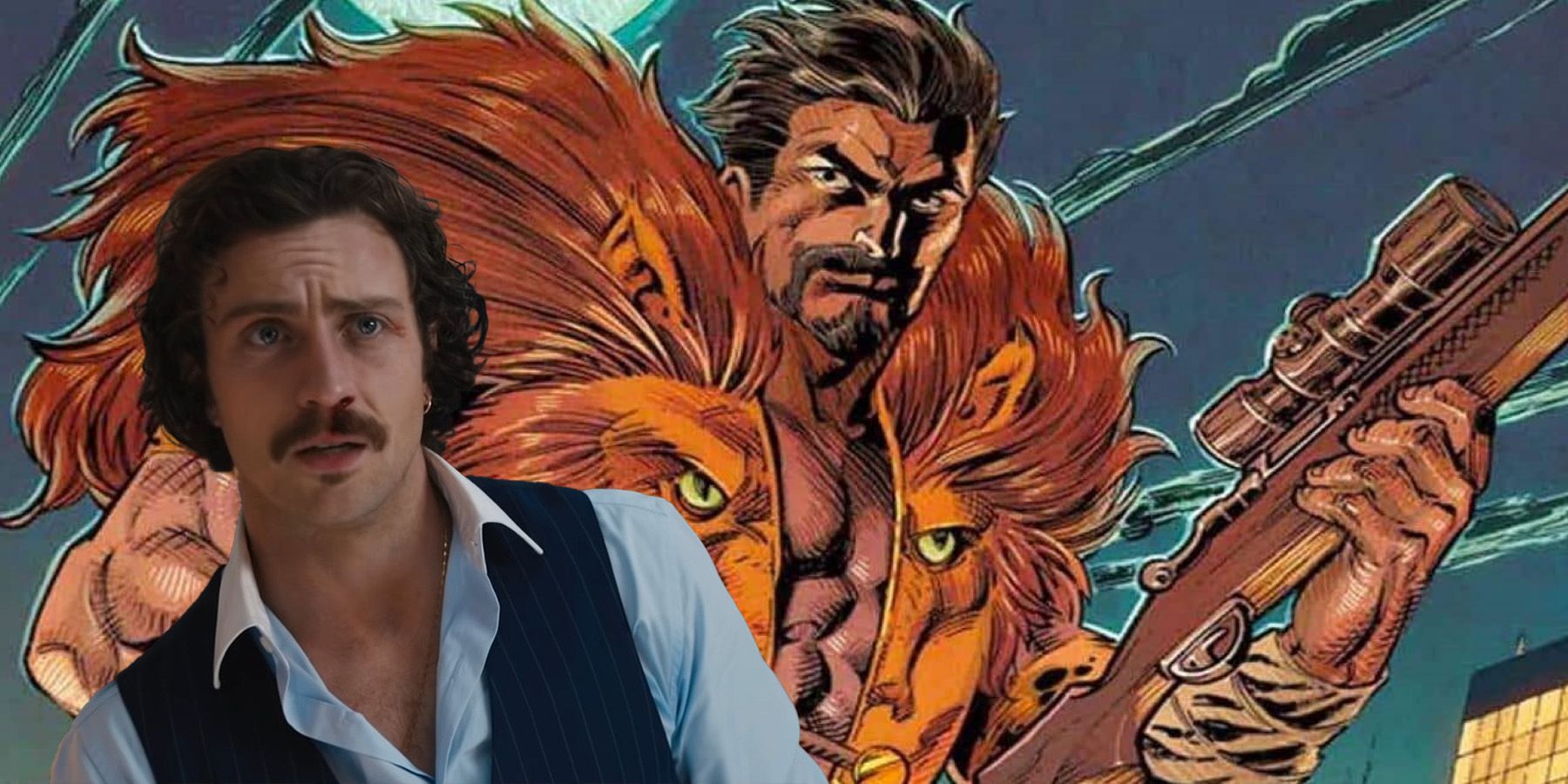It's no secret that Spider-Man: Across the Spider-Verse is a major hit with fans and critics alike. Just like it's no secret that Sony's other recent Spider-projects have been anything but. Is there any hope for Sony's live-action Spider-films, or should Spider-Man and all his variants swing back home once for and for all?
Sony bought the rights to Spider-Man back in 1998 for a now unbelievably measly $7 million. At the time, Marvel was going under and selling the rights to some of their most beloved heroes in a desperate effort to stay afloat. It's rumored that now household names like Iron Man, Black Panther, and Captain Marvel were also offered in the deal, but Sony only had eyes for the Wallcrawler. But despite their clarity of purpose in acquiring Spider-Man and making Tobey Maguire's original trilogy, Sony has since failed to create a successful Spider-centric franchise.
The Spider-Verse Movies: A Breath of Fresh Air
2018's Into the Spider-Verse brought Miles Morales, the beloved Afro-Latino Spider-Man from Earth-1610, onto the screen for the very first time. The film captivated audiences with its unique and ever-changing animation style, complex characters, and gripping, emotional plot. It was simultaneously a celebration of everything "Spider-Man," from viral memes to Spider-fundamentals, and something new entirely.
With Into the Spider-verse, Sony was the first to step into multiversal waters. While comic book fans were already familiar with the concept of a Spider-verse, until then, mainstream audiences hadn't yet seen the Marvel multiverse depicted. The Disney-owned Spider-Man: Far From Home, which was the first mention of "the multiverse" in the MCU, didn't come until the following year. Not to mention the multiversal plot in that film was a fakeout, a rouse by the villainous Mysterio.
Loki and No Way Home, the first true live-action Marvel multiversal projects, didn't come out until 2021, a full three years after Spider-verse had already cracked the concept wide open. By the time No Way Home came out, fans were calling it a "live-action Spider-Verse movie."
Spider-Man: Across the Spider-Verse has had an even better reception than the first. The film is bigger than its predecessor without sacrificing any of the original's emotional depth or cohesiveness, a rare feat for a sequel. Fans now eagerly await Part 2, Beyond the Spider-Verse, coming March 29th of next year.
Sony's Other Spider-Projects Have Been Less Refreshing
Leading up to No Way Home, fans began to warm to Andrew Garfield's short-lived run as Spider-Man, anticipating his appearance in the film. Today, Garfield's two films are met with a nostalgic willingness to overlook the franchise's shortcomings. However, audiences weren't so friendly to the friendly neighborhood Spider-Man back in 2014.
The Amazing Spider-Man 2 was a commercial and critical failure, leading Sony to cancel any plans for a sequel. It was little surprise then that, two years later, Sony's Amy Pascal was willing to play ball when Kevin Feige at Marvel asked about having Spider-Man appear in Captain America: Civil War. Reports at the time suggested that she and the execs at Sony had no idea what to do with the character but, of course, didn't want to let the rights revert. The studio had (and still has) no other truly viable franchises outside of Spider-Man, and working out a shared custody agreement with Marvel Studios was a much better alternative than losing him entirely.
The rest is history. Tom Holland is now arguably the most beloved version of the character, and fans can't wait to see more of him in the MCU. But the profits from the Sony-Marvel deal are shared, and Sony has a great many other Spider-characters at their disposal beyond the hero himself. And so "Sony's Spider-Man Universe" was launched, an endeavor that, frankly, no one asked for. So far, despite some memorable moments, much of the SSU just feels, at best, like an attempt to hold onto film rights and, at worst, a cash grab.
The same year that marked the premiere of Into the Spider-Verse - a welcome result of Sony's stubborn, if understandable, refusal to let go of Spider-Man - the world met Tom Hardy's Venom. While the first Venom was a commercial (if not critical success) two films in, the franchise has still failed to land a true knockout even remotely close to Spider-Verse or any of the Tom Holland-led Spider-Man films.
For context, Far From Home, the least popular of Holland's trilogy, made $1.132 billion on a budget of $160 million. By comparison, Venom: Let There Be Carnage made $506 million against a budget of $110 million. That's not to say that Hardy's Venom is without fans. It's just that there aren't nearly as many. Nevertheless, Sony pressed ahead with Morbius, a film with the unique and unfortunate distinction of failing twice at the box office.
Sony Needs to Learn From Its Morbius Mistakes
Where the Spider-Verse films manage to be both celebratory of their source material and forward-looking, Sony projects like Morbius feel entirely divorced from everything that made their titular characters great in the first place. Though nowadays Morbius is often written as an anti-hero, he still has firm horror roots. Created during a time when comics weren't allowed to depict vampires, Morbius was a loophole, the next best thing. A "living vampire" created through science instead of an unholy blood curse. Yet, he still looked the part and walked (flew) the walk.
Morbius, the film seemed afraid to lean into the very horror that defines the character. How can there be no blood in a movie about a vampire? To make matters worse, the action scenes and deaths were edited to either be seen from so far a distance or through such a dizzying smear of CGI goop that the violence was all but unintelligible. Mix that with truly uninspired writing and some bizarre acting choices, and one can't help but wonder - who was the film for? Certainly not fans of the comics. And, if the box office serves as any indication, not casual moviegoers either.
Sony and Marvel are doubling down on the connectedness of their universes, distant though that connection is at times. Movies like Spider-Verse feel connected to that greater, more established whole while still carving out their own space. They act not only as enrichments of the MCU but as fully fleshed-out franchises capable of standing on their own two legs. Good news for fans on both fronts.
But so far, in Sony's hands, the other Spider-related properties feel like cash cows instead of adaptations of beloved characters with decades of rich history that have touched the lives of countless fans the world over. With more seemingly doomed Spider-Projects like Kraven the Hunter and Madame Web on the way, Sony needs to carefully consider its direction. Specifically, it needs to give its films the care and development the characters deserve. Otherwise, the SSU might amount to nothing more than a handful of variant timelines pruned by the TVA. Maybe that's for the best.

